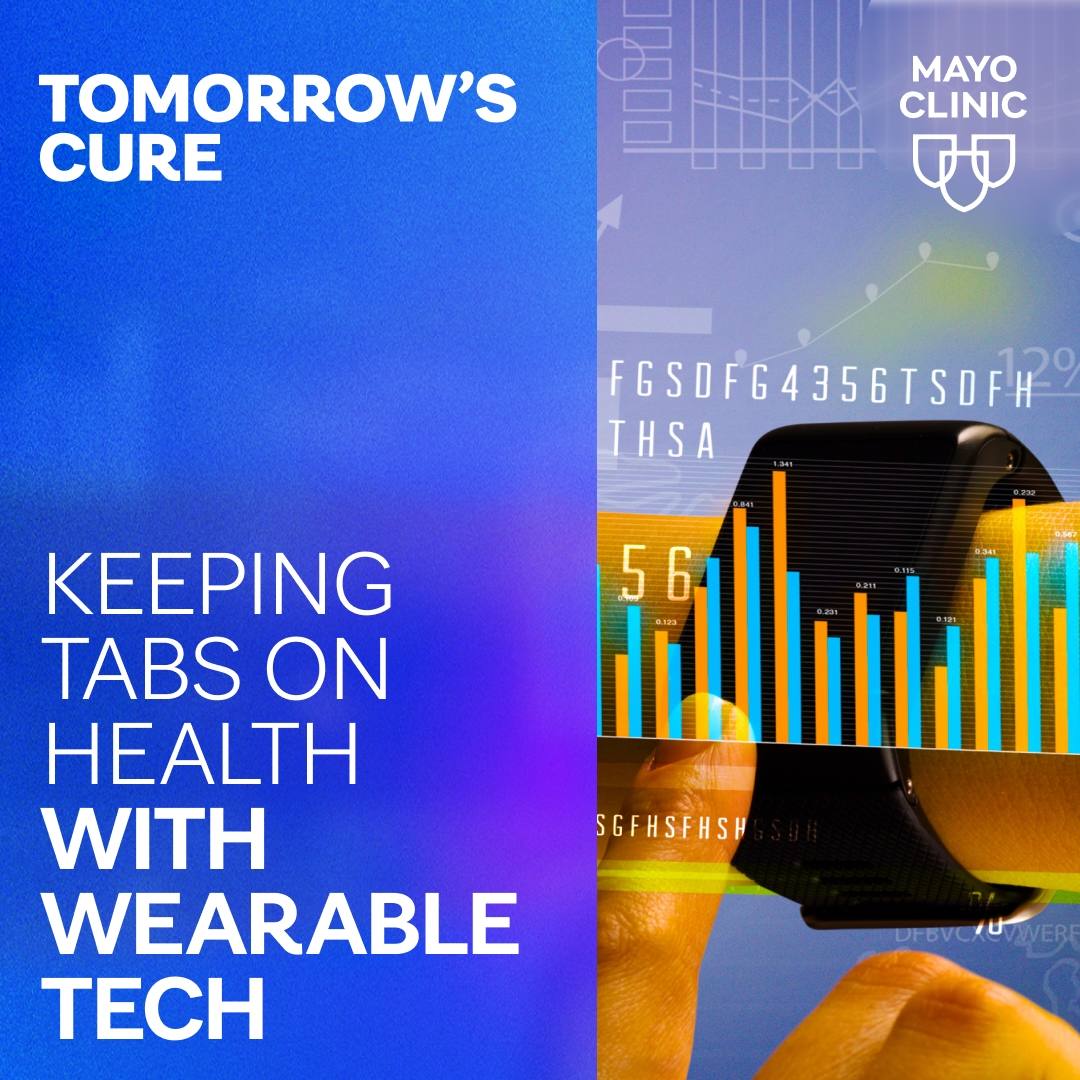Open up your medicine cabinet, and you'll likely see a few bottles of over-the-counter pain medications. These pills and capsules are often the first line of defense for pain relief. And, while they don't require a prescription, it is important to understand which medicines to take and at what dosage.
Jason Howland has more in this Mayo Clinic Minute.
Journalists: Broadcast-quality video pkg (1:00) is in the downloads. Read the script.
From back pain to headaches, the first option for relief is often over the counter.
"They're fantastic medications, particularly if we utilize them when we need to," says Dr. Summer Allen, a Mayo Clinic family physician.
Although drugs like acetaminophen, ibuprofen and naproxen don't require a prescription and aren't considered addictive, it's still important to understand there can be side effects and risks.
"There is an assumption that because it's over the counter means it's safe," says Dr. Allen. "I always encourage patients when they are utilizing an over-the-counter medication to read that label."
Dosage also is important. For most of these pain relief medications, the average adult shouldn't exceed 3,000 milligrams in a 24-hour period.
"We always want a person to take the lowest dose necessary that they require to treat their pain," says Dr. Carrie Krieger, a Mayo Clinic clinical pharmacist.
Over-the-counter medications can be convenient and provide fast relief, but, when it comes to pain, it's not always an easy solution.
"Most important for patients is when they're unsure about how much to take, how long to take it, not to hesitate to reach out to their health care provider or team member," says Dr. Allen.







